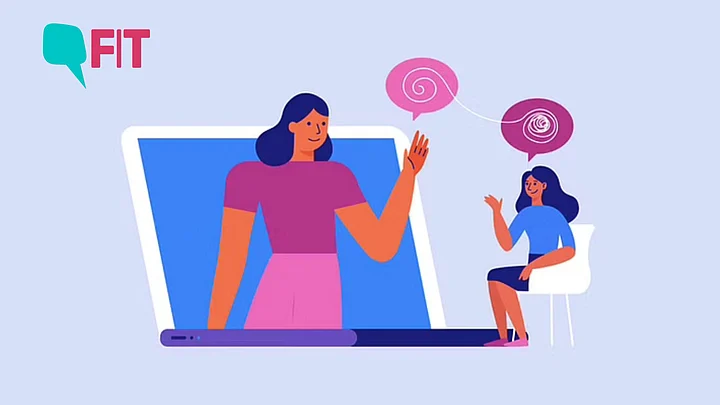The Centre on 11 August released a set of additional guidelines for influencers, celebrities, and virtual influencers, stressing on the need to add disclaimers when they make content related to health and wellness.
This is being done to not only prevent misleading advertisements but also unscientific claims that could have dangerous impact on people's health.
What has been listed in the government SOPs? Here's a breakdown.
What are the disclaimers and disclosures that are needed?
Health experts or medical professionals who are certified by recognised institutions must disclose that they are certified health/fitness experts.
Any disclosure or disclaimer is important when talking or making claims about:
Health benefits derived from the product
Disease prevention
Medical conditions
Immunity boosting properties
Treatment or cure.
The disclaimer made should clarify that the content is not to be taken as an alternative to medical consultation, diagnosis or treatment.
Influencers, celebrities must encourage their viewers and audience to seek professional advice by consulting their doctors or practitioners before any changes or using a specific product.
How should the disclosures be made?
The guidelines recommend using straight forward language and clear communication when adding the disclaimers. Like:
“As a certified nutritionist, I recommend.....”
OR
“With my background of personal training, I find this product helpful for....”
What other guidelines have been added?
The influencers, celebrities, and virtual influencers must be able to substantiate any kind of product or service which is being endorsed or any kind of information that is being provided regarding it.
It is preferred that the product is used or experienced before promotion.
Backing any claims, advice, suggestions with facts.
Providing citations, and sources wherever necessary.
Refrain from making any exaggerated or false claims.
Making a clear distinction between the facts and their personal views.
Recommending and encouraging consultation from a medical professional.
It also explicitly mentions that product or service that are already prohibited under the law mustn't be promoted.
What are the exemptions?
"Celebrities, influencers and virtual influencers who share general wellness and health advice, not associated with specific products or services or not targeting specific health conditions or outcomes, are exempt from these regulations."Department of Consumer Affairs
Some examples for general health and wellness tips/advice include:
Drinking water and staying hydrated
Get enough sleep
Reduce screen time and sitting
Get physical and exercising regularly
What happens if you don't comply?
Guidelines have advised the influencers to cooperate with any investigation by the relevant authorities concerning the authenticity claims.
"Violators may be penalised in accordance to the Consumer Protection Act 2019 and other relevant provisions of the law for non-compliance with these guidelines or for sharing misleading, false or harmful information."Additional Influencer Guidelines, Department of Consumer Affairs
(At The Quint, we question everything. Play an active role in shaping our journalism by becoming a member today.)
